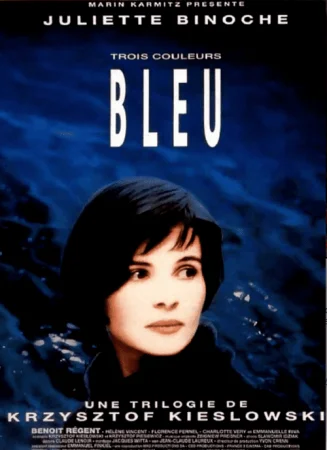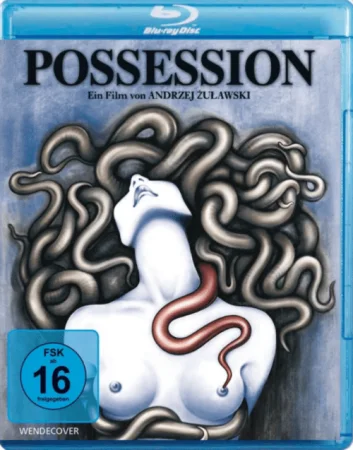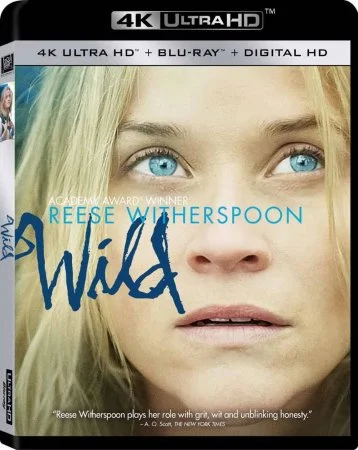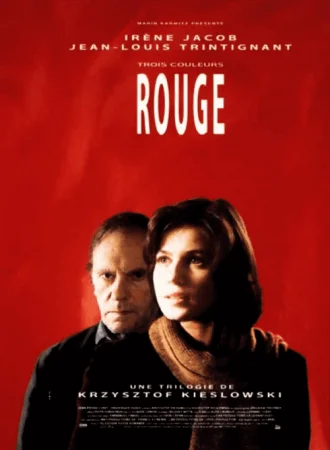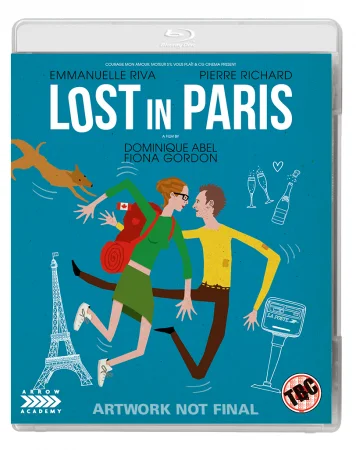Featured Movies
Three Colors: White 4K 1994 FRENCH Ultra HD 2160p
Сountry: France | Poland | Switzerland
Genre: Melodrama
Language: French
Cast: Zbigniew Zamachowski, Julie Delpy, Janusz Gajos, Jerzy Stuhr, Aleksander Bardini, Grzegorz Warchol, Cezary Harasimowicz, Jerzy Nowak, Jerzy Trela, Cezary Pazura, Michel Lisowski, Philippe Morier-Genoud, Piotr Machalica, Francis Coffinet, Barbara Dziekan, Yannick Evely, Marzena Trybala, Jacques Disses.
Storyline
Karol (Polish) marries Dominique (French) and moves to Paris. The marriage breaks down and Dominique divorces Karol, forcing him into the life of a metro beggar and eventually back to Poland. However, he never forgets Dominique and while building a new life for himself in Warsaw he begins to plot.
User Review
Ostensibly Kieslowski chose white of the French flag to make a movie on equality. Equality if it can be reached in marriage, makes it work. Marriage is rocked when an equilibrium is not reached. A dove can be caressed and be a symbol of peace and purity; a dove can defecate and dirty as well
White in the movie is used as an epiphany of the joyous moments in marriage. The doves are weaved in Kieslowski visually and aurally to accentuate the marriage as a rite of passage in life. He brings in the phrase "light at the end of the tunnel" towards the end of the film. There is another marriage, that of Mikolaj in the subplot that also survives in a strange way.
The film begins with divorce proceedings and ends with the wife signalling the reinstatement of the wedding ring on her finger. The film begins with husband recalling the wedding that has failed. The doves flying overhead unload excreta on him. Towards the end of the film, the husband again recalls the wedding as he sets off for the wife's prison.
Kieslowski's treatise on equality is based on marriage as a great leveller with the doves flutter captured on the soundtrack appearing as a frequent reminder of marital bonds. It even appears in the underground metro, an unlikely place if you have a logical mind. You have to throw away logic if you need to enjoy this film.
There are aspects of the film that are obviously unrealistic. Putting a grown man in a suitcase and letting the suitcase go through airport security is not feasible. Moreover, the director shows the heavy suitcase perched precariously on a luggage cart. Impossible to believe all these details.
But the deeper question is whether Kieslowski was using marriage as a metaphor for politics? There is the mention of the Russian corpse with the head crushed for sale, there is a mention of the neon sign that sputters...The name Karol Karol seems reminiscent of Kafka.
Sex in this film is not to be taken at face value. Impotence of Karol Karol at strategic points of the film is deceptive. He apparently does more than hair care for women clients at his hair care parlor in Poland (suggested, not shown). I have a great admiration for Polish cinema, having gown up watching works of Wajda and Zanussi. I met Kieslowski in 1982 when he attended an international film festival in Bangalore, India, promoting his film "Camera Buff," another film with Jerzy Stuhr, who plays Jurek in "White". I took note of "Camera Buff" but I could not imagine the director of "Camera Buff" would evolve into a perfectionist a decade later. Stuhr has been metamorphosed from a live wire in "Camera Buff" to an effeminate colleague of Karol Karol in "White". "White" is a carefully made work with support of other top Polish directors in the wings--Zanussi and Agniezka Holland.
Although the film is heavy in symbolism, it is also a parody. Karol Karol comes to kill with a blank bullet and a real one. Did he plan that out, when he did not know who he was going to shoot?
The performances are all brilliant--the good Polish, Hungarian, and Czech filmmakers extract performances from their actors that could humble Hollywood directors, because the stars are not the actors but the directors. Great music. Great photography. And a very intelligent script.
This is a major film of the nineties--providing superb wholesome entertainment and food for thought. The film deservedly won Kieslowski the "best director" award at the Berlin Film festival in 1994. It is sad for the world of cinema that Kieslowski is no longer with us.
Karol (Polish) marries Dominique (French) and moves to Paris. The marriage breaks down and Dominique divorces Karol, forcing him into the life of a metro beggar and eventually back to Poland. However, he never forgets Dominique and while building a new life for himself in Warsaw he begins to plot.
User Review
Ostensibly Kieslowski chose white of the French flag to make a movie on equality. Equality if it can be reached in marriage, makes it work. Marriage is rocked when an equilibrium is not reached. A dove can be caressed and be a symbol of peace and purity; a dove can defecate and dirty as well
White in the movie is used as an epiphany of the joyous moments in marriage. The doves are weaved in Kieslowski visually and aurally to accentuate the marriage as a rite of passage in life. He brings in the phrase "light at the end of the tunnel" towards the end of the film. There is another marriage, that of Mikolaj in the subplot that also survives in a strange way.
The film begins with divorce proceedings and ends with the wife signalling the reinstatement of the wedding ring on her finger. The film begins with husband recalling the wedding that has failed. The doves flying overhead unload excreta on him. Towards the end of the film, the husband again recalls the wedding as he sets off for the wife's prison.
Kieslowski's treatise on equality is based on marriage as a great leveller with the doves flutter captured on the soundtrack appearing as a frequent reminder of marital bonds. It even appears in the underground metro, an unlikely place if you have a logical mind. You have to throw away logic if you need to enjoy this film.
There are aspects of the film that are obviously unrealistic. Putting a grown man in a suitcase and letting the suitcase go through airport security is not feasible. Moreover, the director shows the heavy suitcase perched precariously on a luggage cart. Impossible to believe all these details.
But the deeper question is whether Kieslowski was using marriage as a metaphor for politics? There is the mention of the Russian corpse with the head crushed for sale, there is a mention of the neon sign that sputters...The name Karol Karol seems reminiscent of Kafka.
Sex in this film is not to be taken at face value. Impotence of Karol Karol at strategic points of the film is deceptive. He apparently does more than hair care for women clients at his hair care parlor in Poland (suggested, not shown). I have a great admiration for Polish cinema, having gown up watching works of Wajda and Zanussi. I met Kieslowski in 1982 when he attended an international film festival in Bangalore, India, promoting his film "Camera Buff," another film with Jerzy Stuhr, who plays Jurek in "White". I took note of "Camera Buff" but I could not imagine the director of "Camera Buff" would evolve into a perfectionist a decade later. Stuhr has been metamorphosed from a live wire in "Camera Buff" to an effeminate colleague of Karol Karol in "White". "White" is a carefully made work with support of other top Polish directors in the wings--Zanussi and Agniezka Holland.
Although the film is heavy in symbolism, it is also a parody. Karol Karol comes to kill with a blank bullet and a real one. Did he plan that out, when he did not know who he was going to shoot?
The performances are all brilliant--the good Polish, Hungarian, and Czech filmmakers extract performances from their actors that could humble Hollywood directors, because the stars are not the actors but the directors. Great music. Great photography. And a very intelligent script.
This is a major film of the nineties--providing superb wholesome entertainment and food for thought. The film deservedly won Kieslowski the "best director" award at the Berlin Film festival in 1994. It is sad for the world of cinema that Kieslowski is no longer with us.
File size: 43.81 GB

You have purchased premium on MoonDL or TakeFile. You will automatically be activated an additional 512 GB of traffic every 48 hours or up to 128 GB every 48 hours (Premium Moon).
Watch trailer of the movie Three Colors: White 4K 1994 FRENCH Ultra HD 2160p
Maybe You like:
Add comments
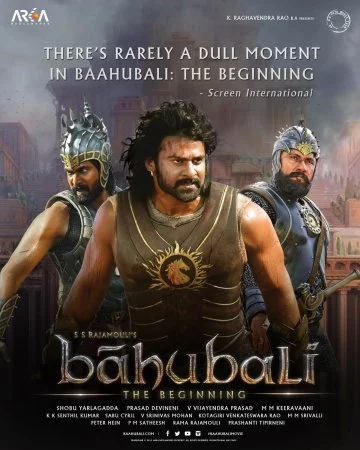
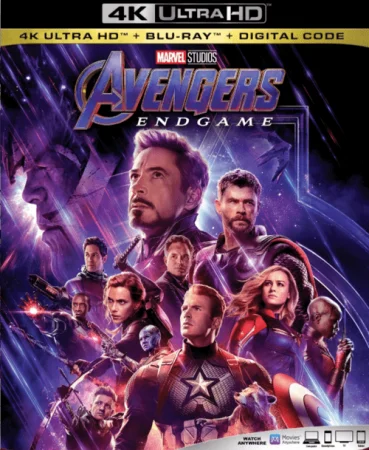
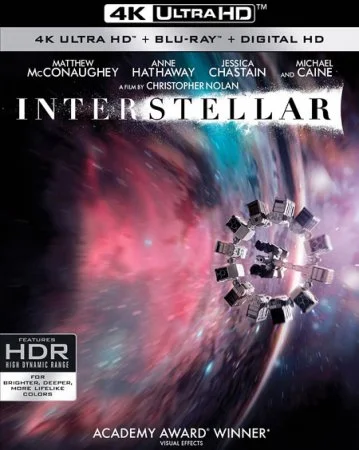
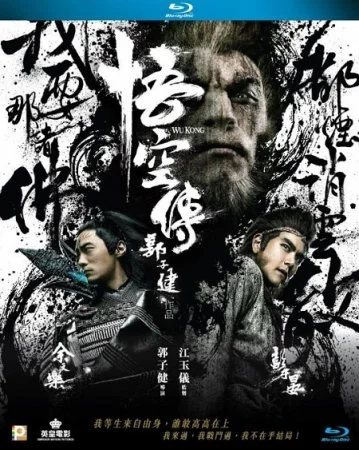
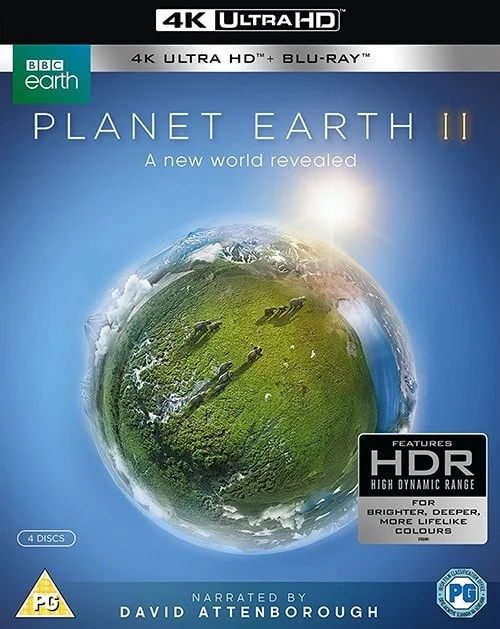
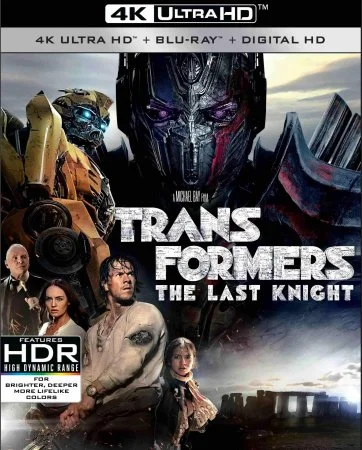
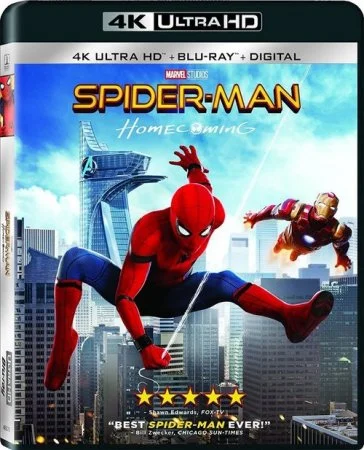
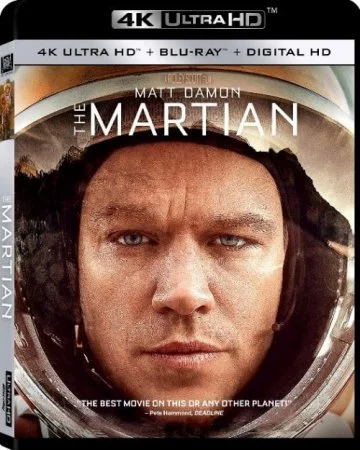
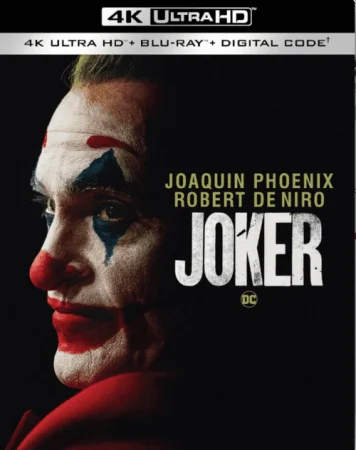
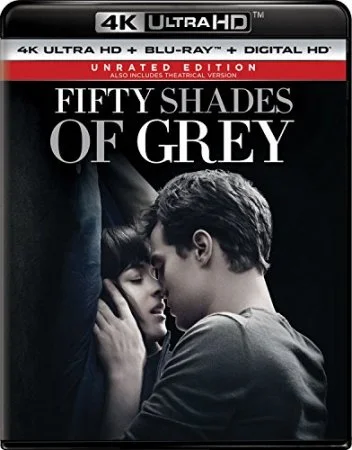
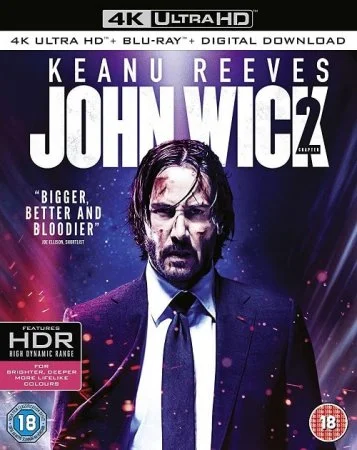
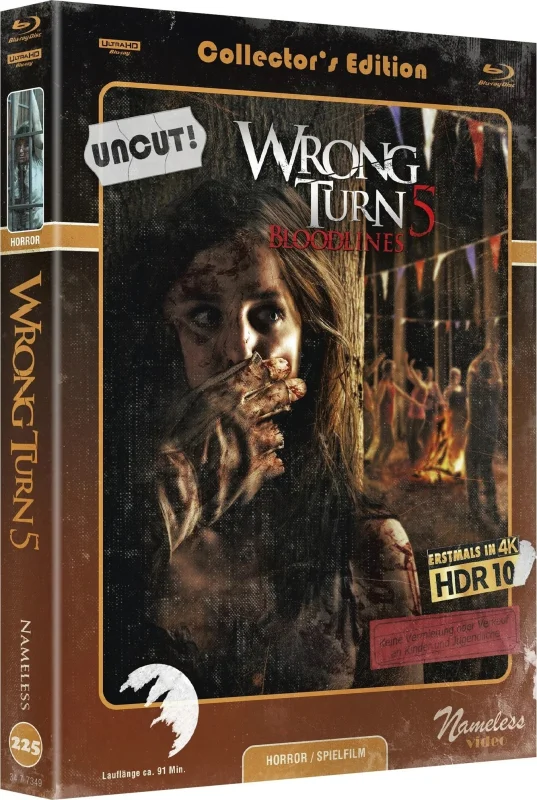
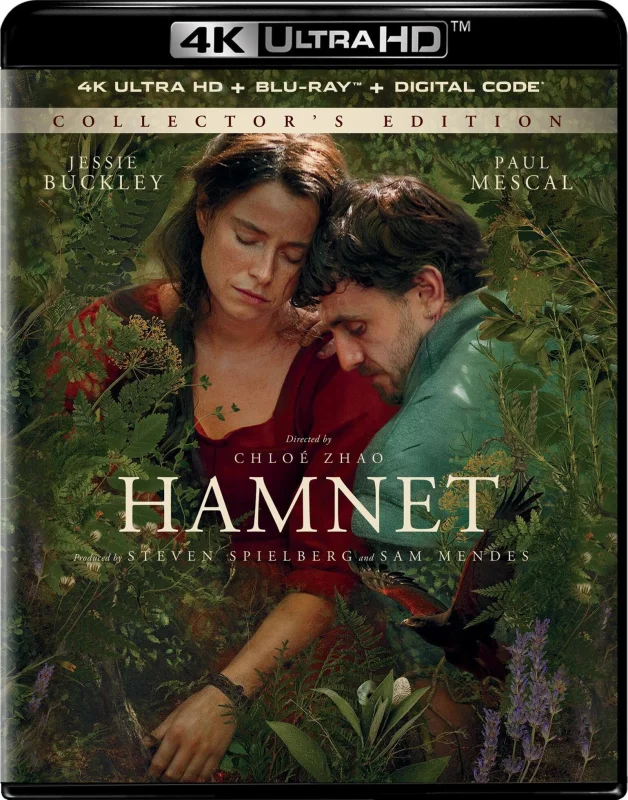
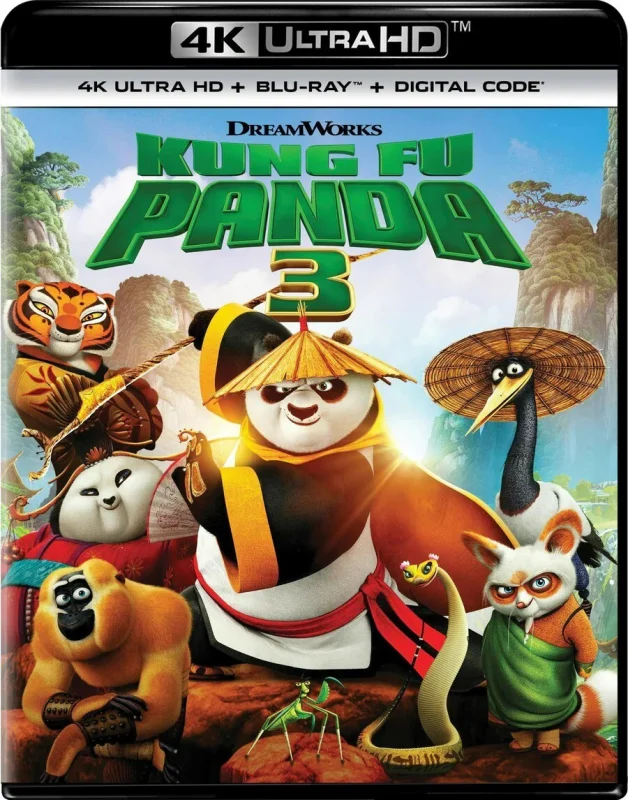
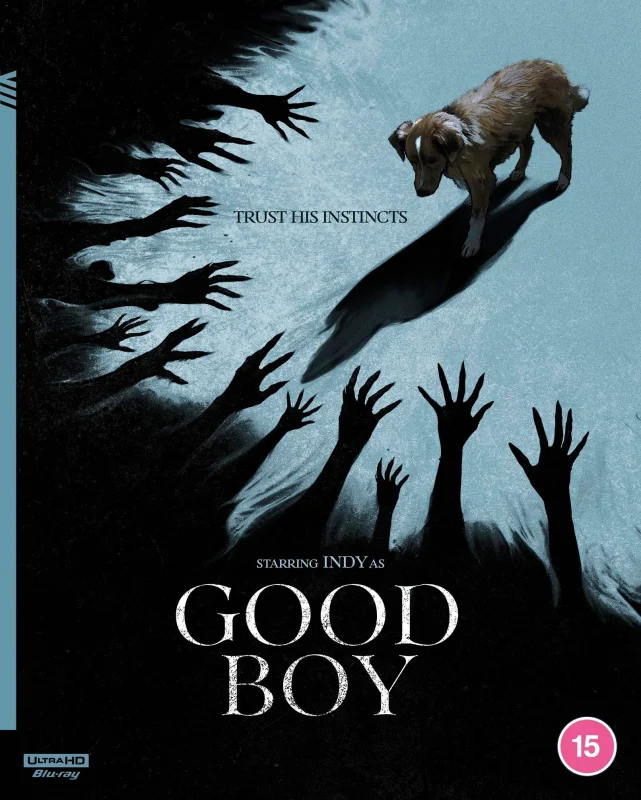
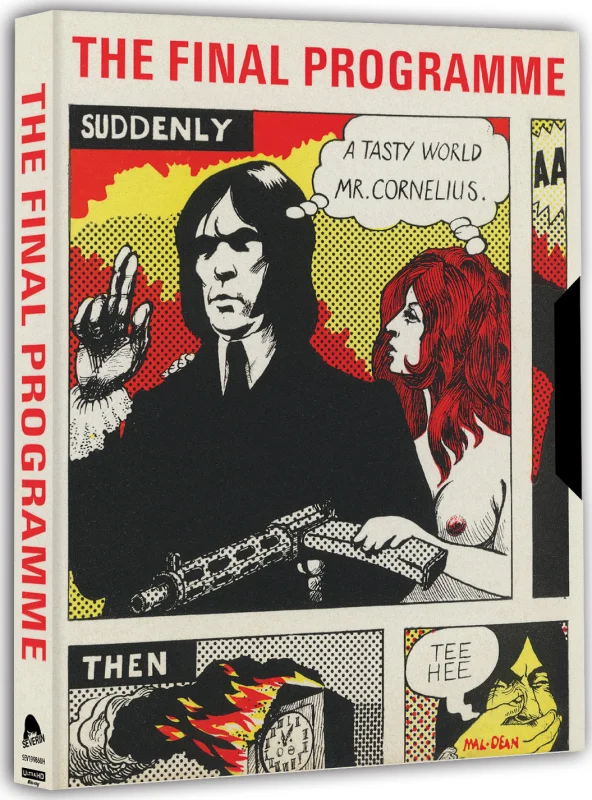
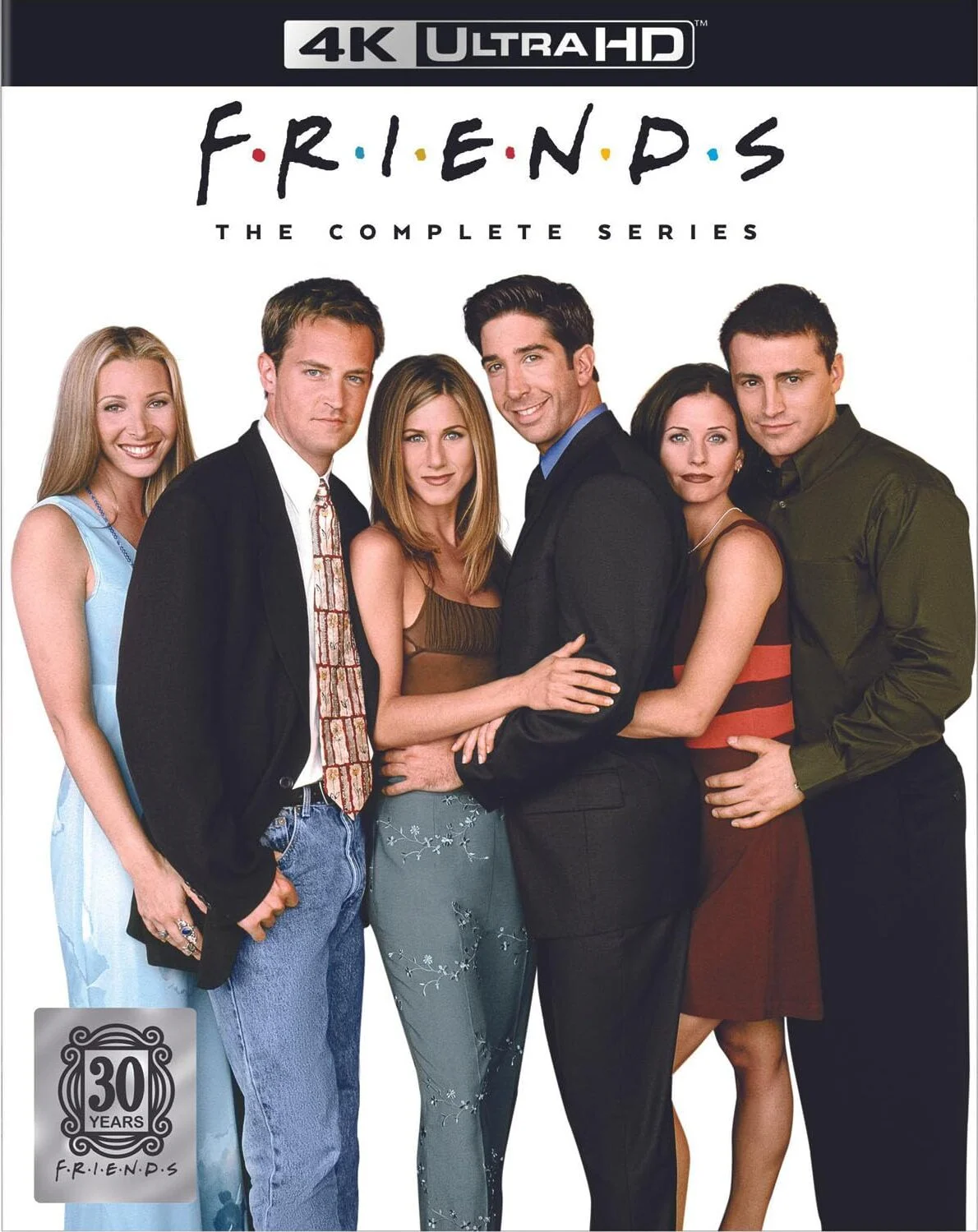
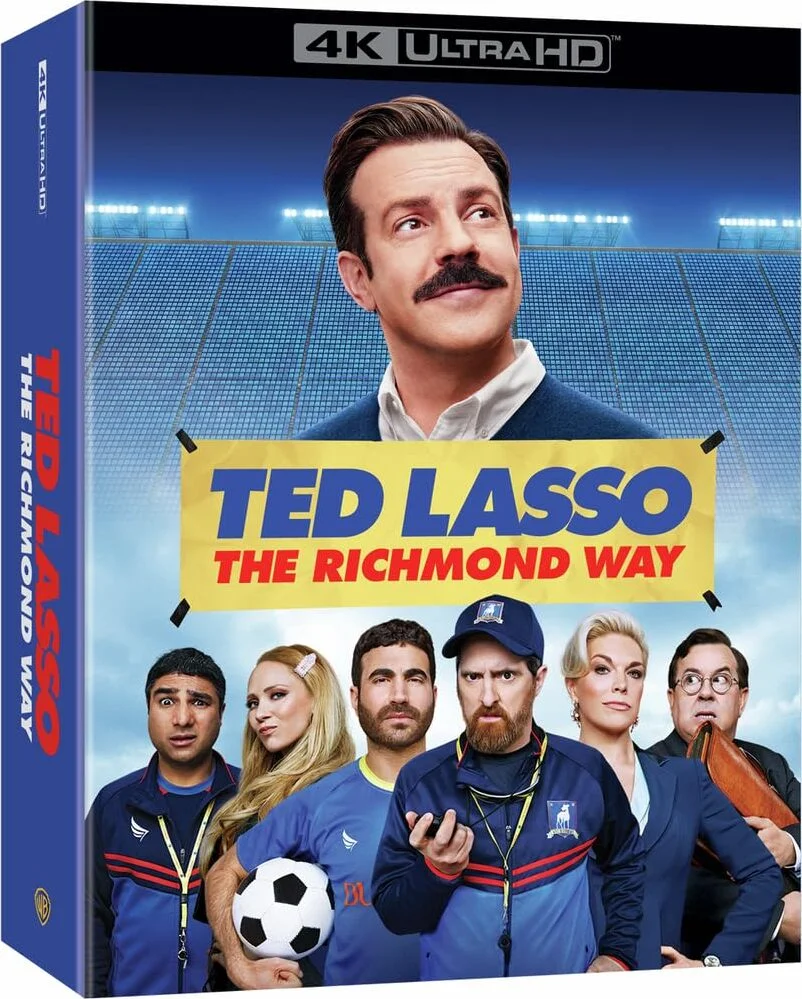


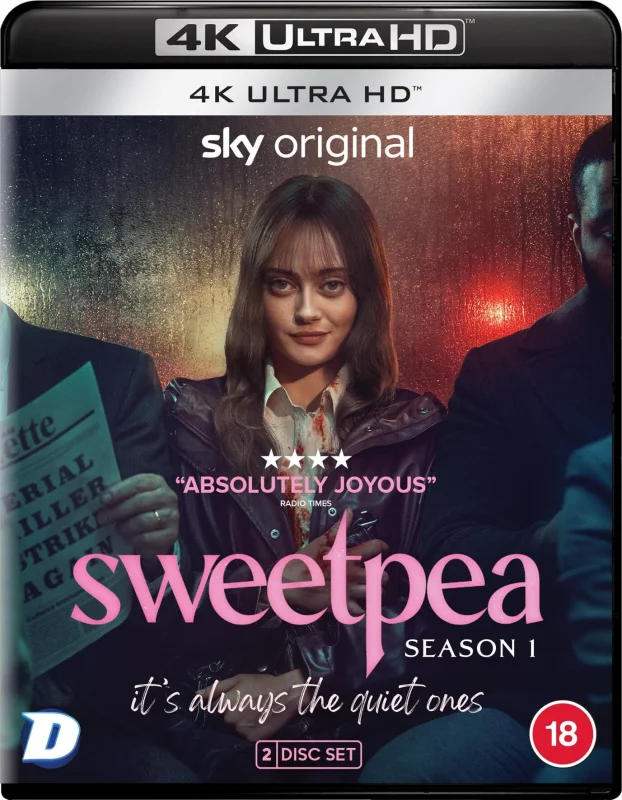
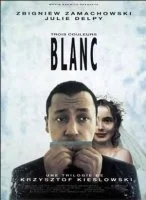
 Like
Like Don't Like
Don't Like